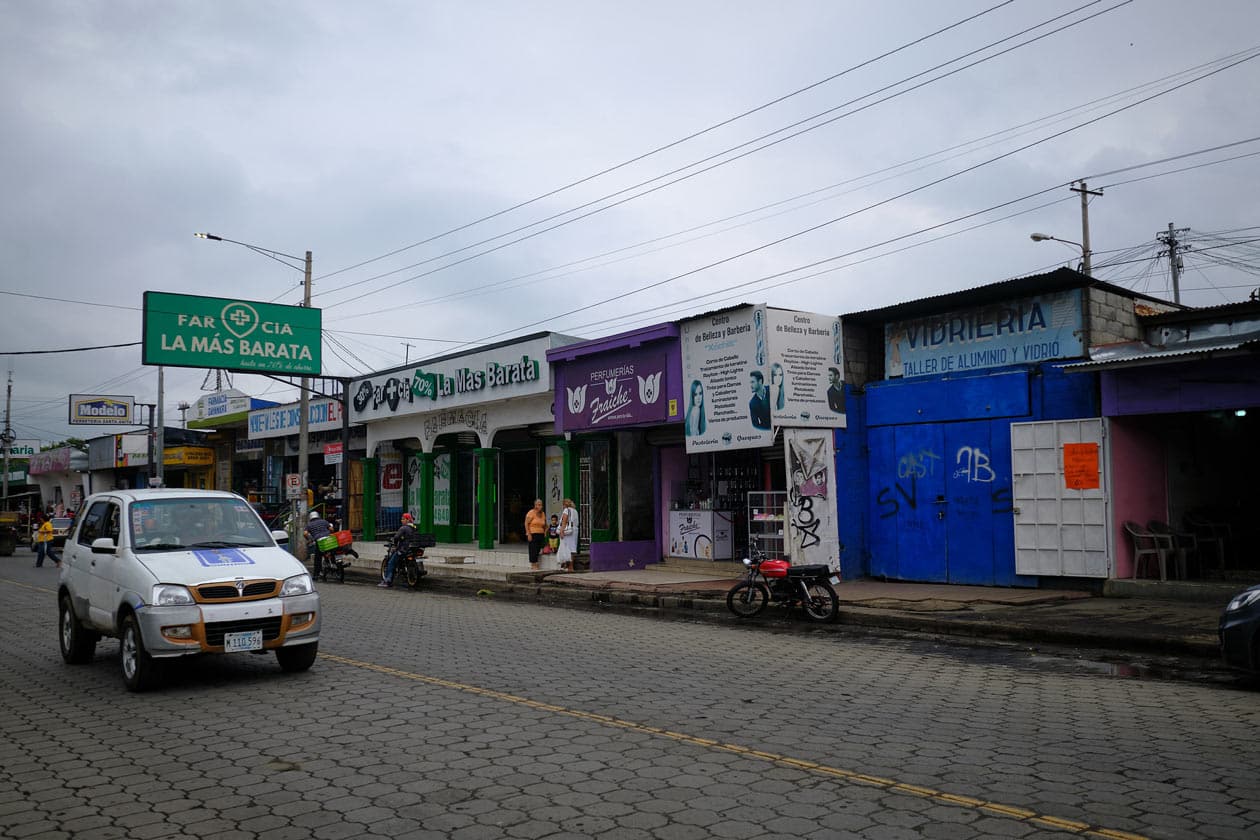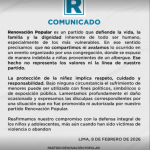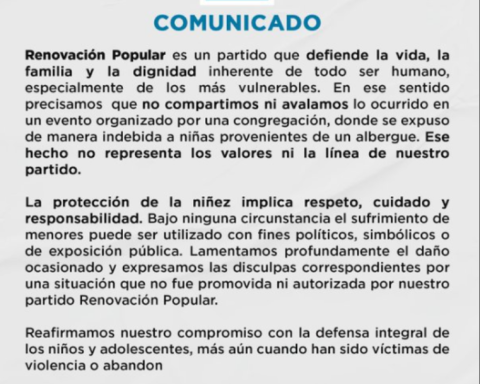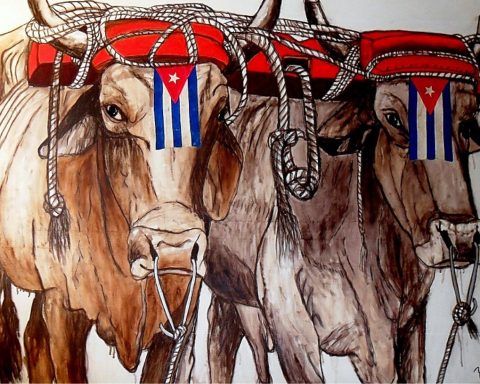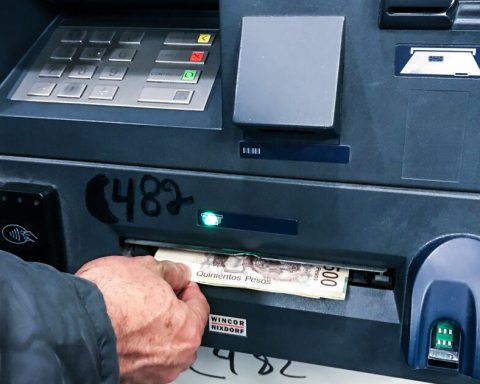The narrative of the Daniel Ortega regime draws a Nicaragua in which financial goals are met, but the reality that businessmen denounce is that they live under the constant look at an intense extortion campaignled by the General Directorate of Revenue (DGI) and the Directorate of Customs Services (DGA), in which the municipalities also participate, where The Mayor’s Office of Managua stands out especially.
There are many businessmen who continue to resent the tax harassment to which they are subjected by the regime, in an attitude that those affected and their union leaders do not hesitate to describe as voraciously tax collector.
The situation raised forces business owners to draw up ‘priority lists’, to help them decide who to pay first: their workers, their suppliers, the banks, their partners… or the treasury, to the point that many sometimes feel that they work and produce just to pay taxeswhich in the end becomes a disincentive to continue investing in their businesses.
The weight is even greater for those who, in addition to having to pay high tax burdens, also have to pay fines (or bribes, to reduce some fines that, strictly speaking, should never have been imposed), with the aggravating circumstance that they have very little hope that the Customs and Administrative Tax Court (TATA) will rule in your favorno matter how much evidence they present… except (sometimes) in cases that do not exceed 5000 dollars.
a false reality
From the ruling party it was reported with joy that until the third quarter of this year, the Ortega administration had collected 84,402 million córdobas, according to the Budget Execution Report from January to September 2022, prepared by the Ministry of Finance and Public Credit. (MHCP). This amount is equivalent to 99.4% of the annual budget and 131.9% (that is, C$20,401 million others) of the goal for that period; which in turn is equivalent to 13,835 million córdobas more than in the same period of 2021.
According to the Treasury, reaching these figures was possible thanks to the positive evolution of the internal macroeconomic context, highlighting the growth of economic activity in the accumulated to September 2022, “which has led to a good performance and great dynamism of tax collection” . But the reality that businessmen have is another.
Expropriatory ‘efficiency’
Tax harassment carried out by the DGI allows the regime to increase its tax revenue, and ‘reward’ the most faithful, by allowing them to keep a part of the ill-gotten resources, while attacks the private sector – which he calls a ‘traitor’ because he turned his back on him in 2018 when the Ortega-Murillo Administration decided to fire on the unarmed crowds demanding freedom.
If in the eighties of the last century, Ortega made the mistake of confiscating the means of production, now (in addition to confiscate universities Y close NGO), confiscates the profits, instead of nationalizing the companies, which would lead them to bankruptcy… as in the 80s.
The DGA also does its thing, not only making changes to the “traffic light” that indicates whether the merchandise enters the country without inspection or not, so that most of the time the light turns red, but also applying value doubts arbitrarilyregardless of the documentary evidence provided by importers, harming -for example- agricultural producerswho have had to pay taxes on purchase prices higher than those found in the international market.
Nor do importers have much hope of getting the authorities to rule in their favor, especially when they consider that customs are the domain of Óscar Moncada Lauone of Daniel Ortega’s most trusted men.
The circle is closed by the municipalities, which not only collect taxes for periods and amounts greater than those authorized by law, which has meant arrests and criminal trials against those who decided they were going to fight legallybecause they felt that they were right, which in the long run had an impact on prolonging the crisis in the real estate sector, which sees how municipalities tax some sales with exorbitant taxes.
